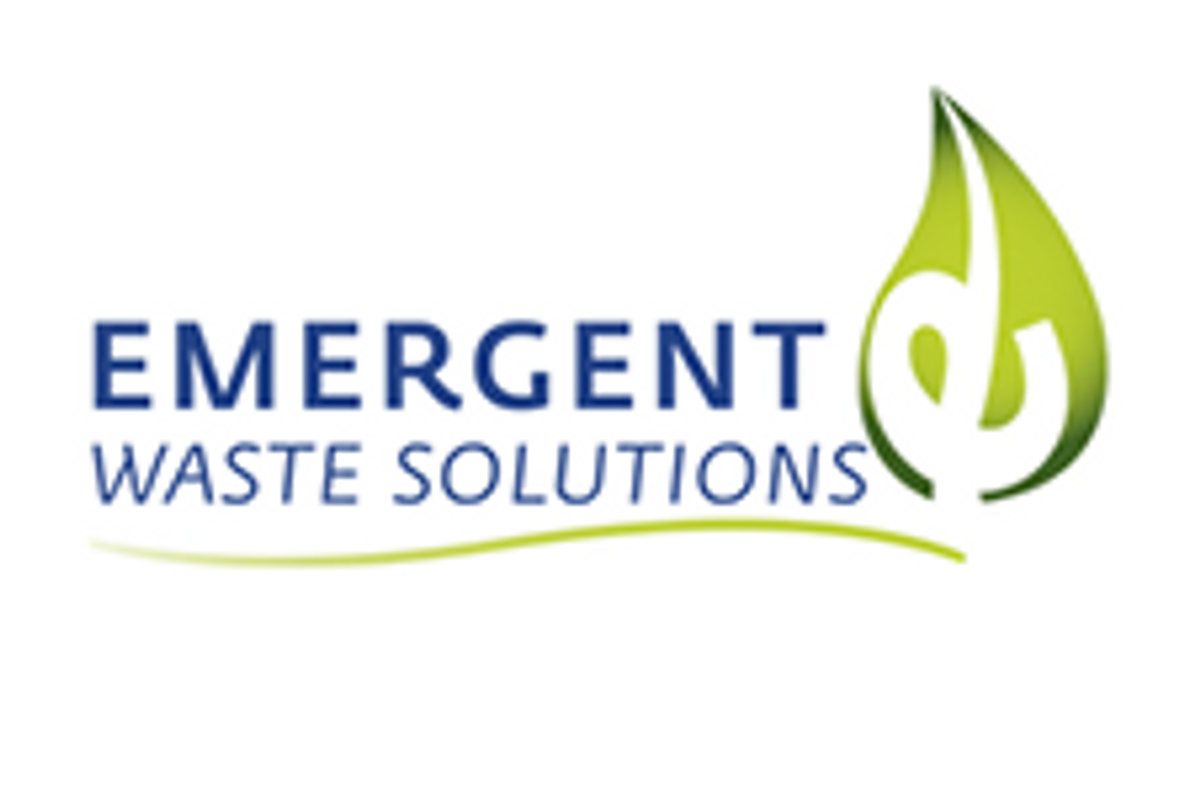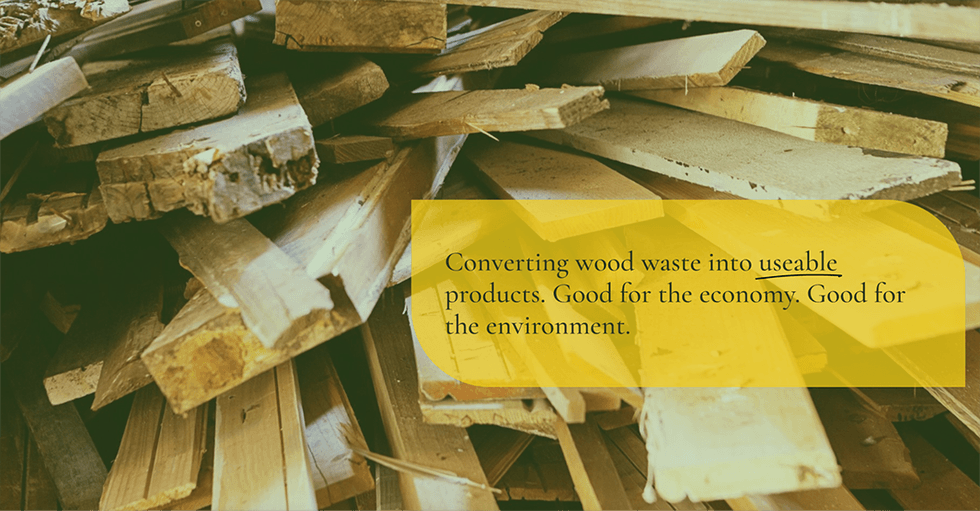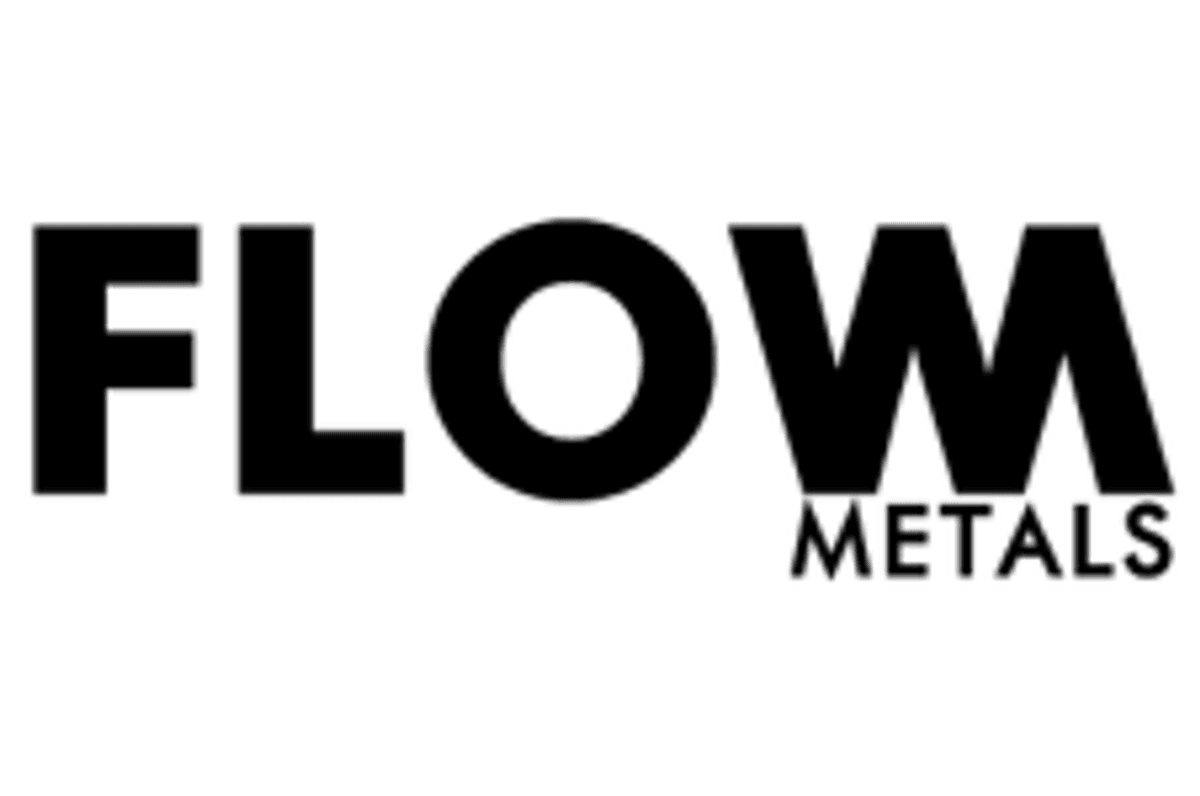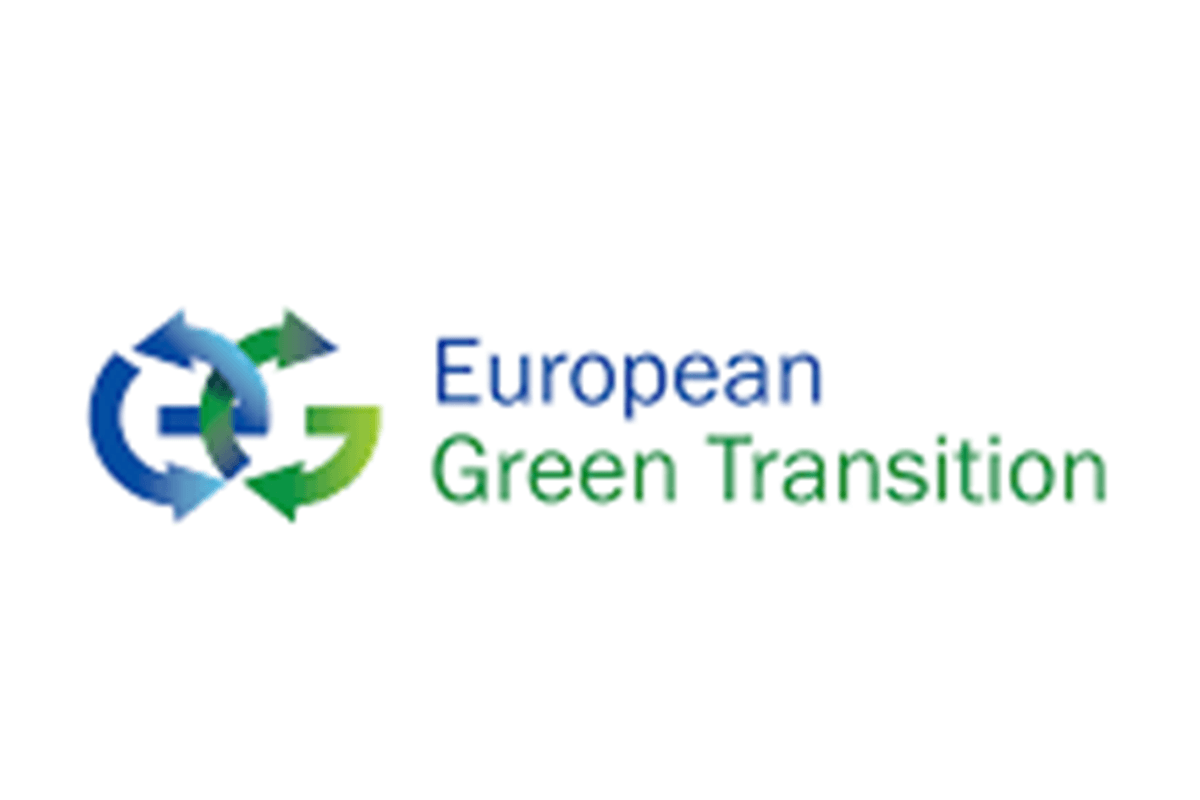
December 21, 2023
Canadian firm Emergent Waste Solutions (EWS) is helping solve the world’s waste problems through its proprietary Advanced Thermolysis System (ATS). The technology uses materials like municipal solid waste, tires, plastics, biomass and livestock waste as feedstock and converts these into valuable products, such as activated carbon, carbon black, biochar, bio-coal, syngas and bio-oil.
The company’s North American facility in Ruby Creek, British Columbia, is already in commercial production and has sold its first biochar products. With a CaPEx of $3.5 million, the plant has attractive economics with potential revenues of over $1.6 million and net profit before tax of $721,000 at full operation. In addition to Canada, the company has a strong pipeline of international projects in Brazil, Ghana and the Philippines.
EWS is pursuing several global revenue models: 100 percent ownership; the sale of its ATS plants; and joint ventures, where EWS aims to hold a minimum of 50 percent ownership of a project. Such JV arrangements will allow EWS to maintain optimal plant operating parameters, ensure maintenance and plant upgrades, have a national and international sales strategy, and execute new product development to achieve maximum profits.
Company Highlights
- Emergent Waste Solutions (EWS) is a private Canadian company focused on converting waste into valuable carbon-based commodities, including renewable natural gas (RNG), oils, and bunker grade diesel
- The company boasts of a disruptive Advanced Thermolysis System (ATS) technology (patent pending) to process various feedstock such as municipal solid waste, tires, plastics, biomass and livestock waste, and convert them into useful products such as activated carbon, carbon black, biochar, bio-coal, syngas and bio-oil.
- The company’s project in Ruby Creek, BC is operational and has achieved commercial production with sales of biochar. Moreover, the company has a robust pipeline of projects both in Canada and internationally.
- The market opportunity for EWS’s technology is very large. Traditional waste treatment market in Canada is valued at ~$5.1 billion with an estimate of over 3,500 plants needed to treat various streams of waste in Canada.
- EWS offers investors an attractive ESG investment opportunity to benefit from the growing demand for renewable natural gas, biochar, bio-coal and carbon black. The company has entered into an amalgamation agreement with Buscando Resources pursuant to which Buscando will acquire all of the outstanding shares in the capital of EWS by way of a three-cornered amalgamation, subject to the terms and conditions of the Amalgamation Agreement.
This Emergent Waste Solutions profile is part of a paid investor education campaign.*
Click here to connect with Emergent Waste Solutions to receive an Investor Presentation

Sign up to get your FREE
Flow Metals Investor Kit
and hear about exciting investment opportunities.
- Corporate info
- Insights
- Growth strategies
- Upcoming projects
GET YOUR FREE INVESTOR KIT
The Conversation (0)
20h
Flow Metals
Advancing gold and copper projects in the Yukon and BC, Canada
Advancing gold and copper projects in the Yukon and BC, Canada Keep Reading...
25 February
Acquisition of Critical Infrastructure Services Platform
European Green Transition plc (AIM: EGT) announces that in line with its strategy set out at IPO, EGT has entered into a share purchase agreement ("SPA") to acquire an established, EBITDA profitable onshore wind turbine operating, maintenance, repairing, and remote monitoring business (the "O&M... Keep Reading...
25 February
CHARBONE confirme de nouvelles commandes en hydrogene UHP et une premiere commande en oxygene UHP aux Etats-Unis
(TheNewswire) Brossard, Quebec, le 25 février 2026 TheNewswire - CORPORATION Charbone (TSXV: CH,OTC:CHHYF; OTCQB: CHHYF; FSE: K47) (« Charbone » ou la « Société »), un producteur et distributeur nord-américain spécialisé dans l'hydrogène propre Ultra Haute Pureté (« UHP ») et les gaz industriels... Keep Reading...
25 February
CHARBONE Confirms New UHP Hydrogen Orders and its First UHP Oxygen Order in the United States
(TheNewswire) Brossard, Quebec, February 25, 2026 TheNewswire - Charbone CORPORATION (TSXV: CH,OTC:CHHYF; OTCQB: CHHYF; FSE: K47) ("Charbone" or the "Company"), a North American producer and distributor specializing in clean Ultra High Purity ("UHP") hydrogen and strategic industrial gases, is... Keep Reading...
24 February
Carbonxt Secures $500,000 Convertible Note Funding
Carbonxt Group (CG1:AU) has announced Carbonxt Secures $500,000 Convertible Note FundingDownload the PDF here. Keep Reading...
23 February
CHARBONE Presente a la Conference Emerging Growth le 25 fevrier 2026
(TheNewswire) Brossard, Quebec TheNewswire - le 23 février 2026 CORPORATION Charbone (TSXV: CH,OTC:CHHYF; OTCQB: CHHYF; FSE: K47) (« Charbone » ou la « Société »), un producteur et distributeur nord-américain spécialisé dans l'hydrogène propre Ultra Haute Pureté (« UHP ») et les gaz industriels... Keep Reading...
Latest News

Sign up to get your FREE
Flow Metals Investor Kit
and hear about exciting investment opportunities.
- Corporate info
- Insights
- Growth strategies
- Upcoming projects
GET YOUR FREE INVESTOR KIT
Interactive Chart
Latest Press Releases
Related News
TOP STOCKS
American Battery4.030.24
Aion Therapeutic0.10-0.01
Cybin Corp2.140.00





